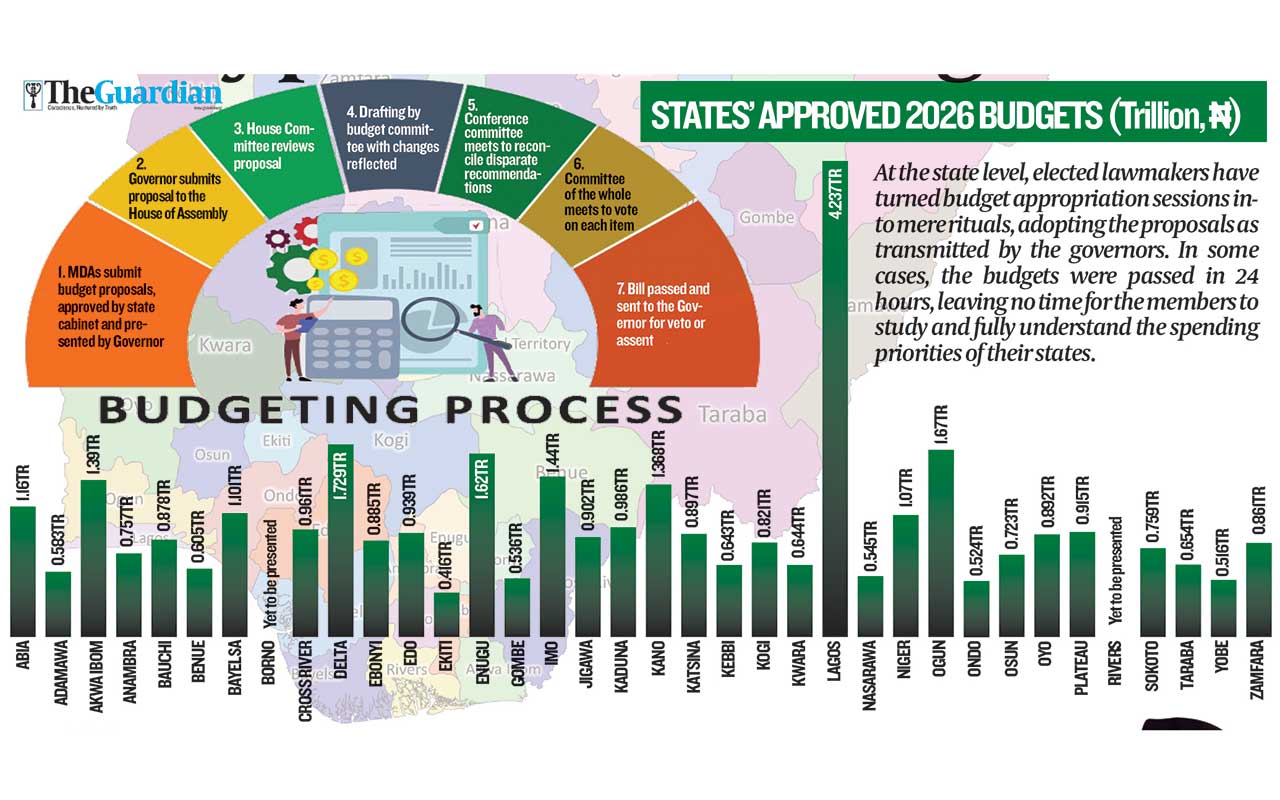Deputy Spokesperson of the House of Representatives, Hon. Philip Agbese, has expressed concern that the recurring strike action by the Academic Staff Union of Universities (ASUU) continues to hurt the children of low-income families who largely depend on public universities for higher education.
Speaking with reporters on Tuesday at the National Assembly Complex, Abuja, Agbese cautioned the Nigeria Labour Congress (NLC) against joining ASUU in its ongoing industrial action, warning that such a move could derail the far-reaching reforms currently being implemented in the education sector by the Minister of Education, Dr. Maruf Tunji Alausa.
His remarks followed a four-week ultimatum issued by the NLC, which threatened to join ASUU if the federal government failed to resolve all pending issues with university-based unions.
Agbese urged the labour movement and other education stakeholders to support the reforms introduced by Dr. Alausa, which he described as bold, transformative, and essential for repositioning Nigeria’s education system for global competitiveness.
“In developed countries, when a government begins to perform well in certain sectors, citizens usually give it some time — a holiday of sorts — to observe and consolidate on progress made. That is what we need to do now for the education sector,” Agbese said.
The lawmaker, who represents Ado/Ogbadibo/Okpokwu Federal Constituency of Benue State, highlighted several achievements recorded under the current minister, including reforms in university administration, improved funding transparency, and a renewed focus on research, innovation, and digital learning.
He noted that the government has increased the annual admission capacity in tertiary institutions from 750,000 to one million students, while also harmonising tuition policies through the Nigerian Education Loan Fund (NELFUND) to ensure fairness and accessibility.
Agbese also praised the launch of the Nigeria Education Sector Renewal Initiative (NESRI) Roadmap and the implementation of the Students Loan Scheme under NELFUND, which has opened access to higher education for indigent students.
In addition, he highlighted the World Bank-supported Adolescent Girls Initiative for Learning and Empowerment (AGILE) project, which offers conditional cash transfers, enhances school facilities, and equips girls with digital and life skills as part of the broader education reform agenda.
According to him, these initiatives are already yielding visible results and should be allowed to mature rather than being disrupted by strikes.
“As stakeholders, we must see ourselves as part of the Nigerian project. Strikes have never solved our problems — they only make matters worse.
The National Assembly remains open to dialogue and intervention. The Speaker, Rt. Hon. Abbas Tajudeen, understands the struggles of the academic community and is always ready to engage,” he stated.
Agbese urged ASUU to abandon what he termed “the same old formula” of repeated strikes and instead reposition itself as a think tank that generates constructive policy ideas for the government.
“The worst hit each time ASUU goes on strike are the poor teachers’ children and those from low-income homes who attend public schools,” he lamented.
“The Honourable Minister himself understands these challenges because he has lived through them. That is why we must give him the support needed to complete these reforms.”
Reaffirming the National Assembly’s commitment to serving as a bridge between the government and educational stakeholders, Agbese appealed for continued dialogue rather than confrontation.






